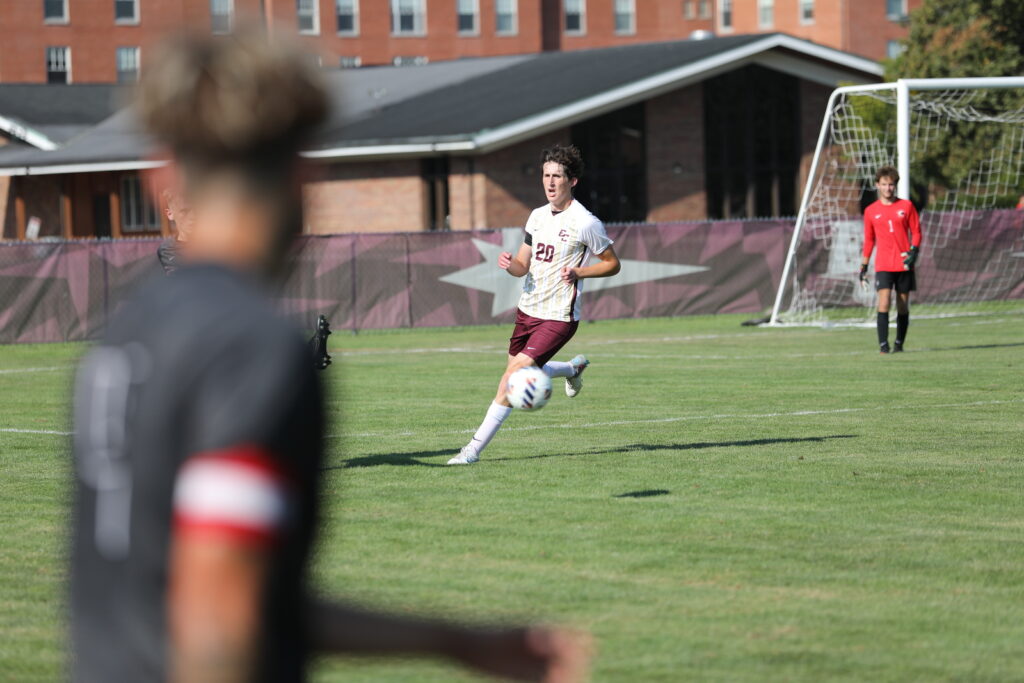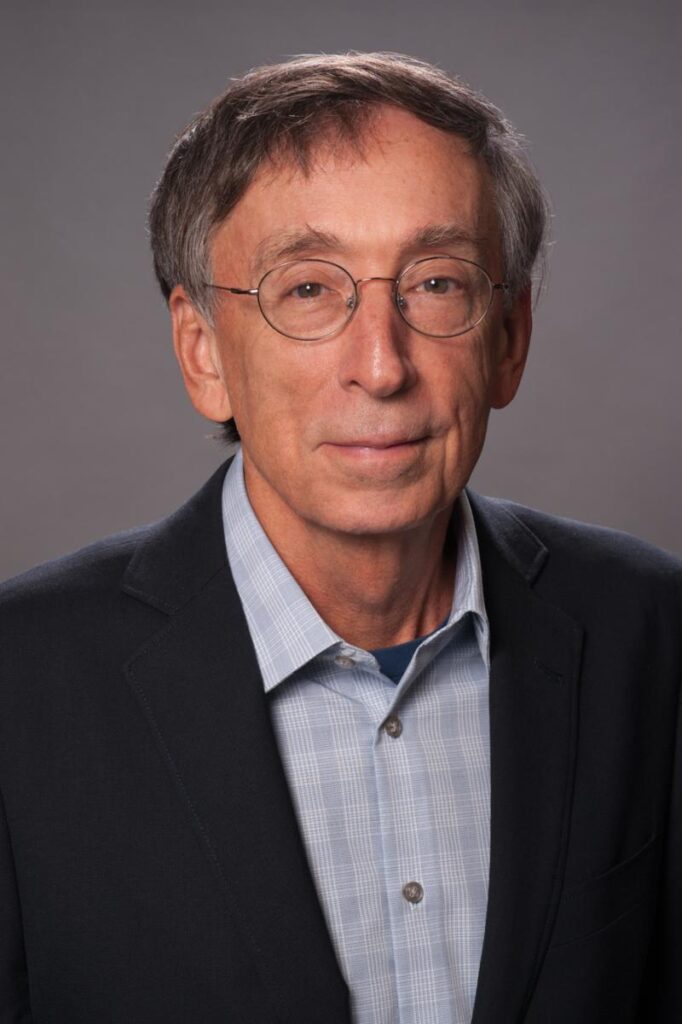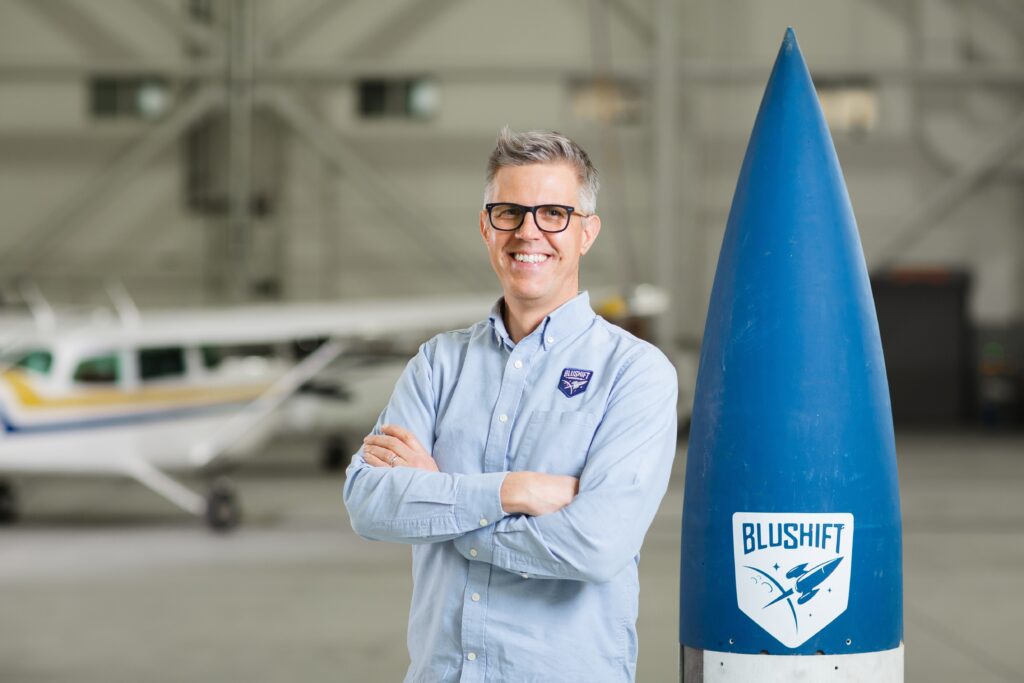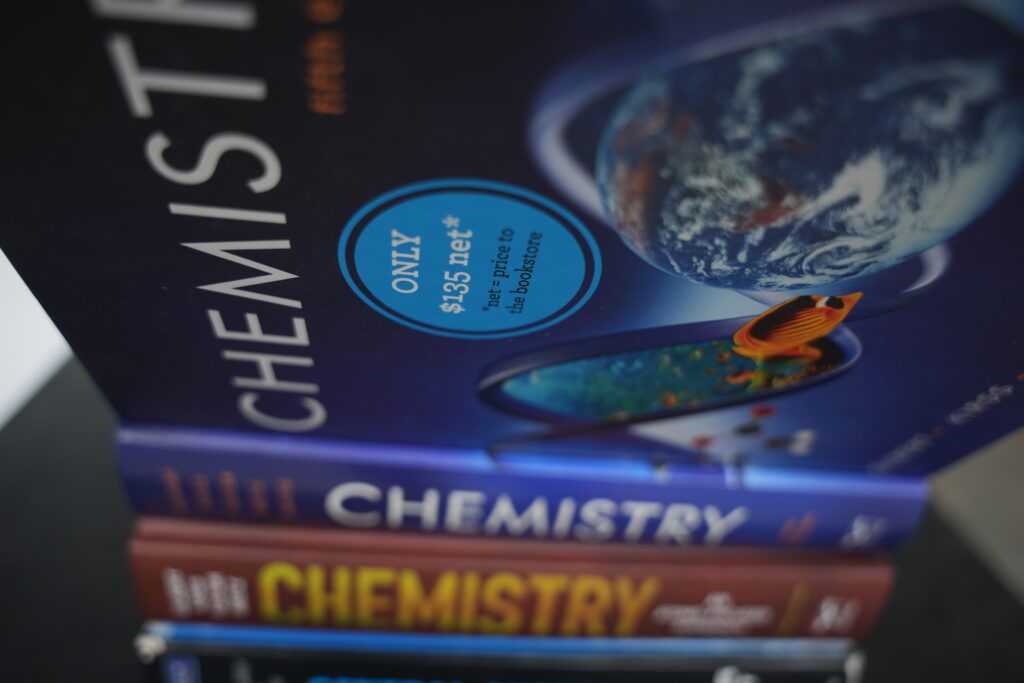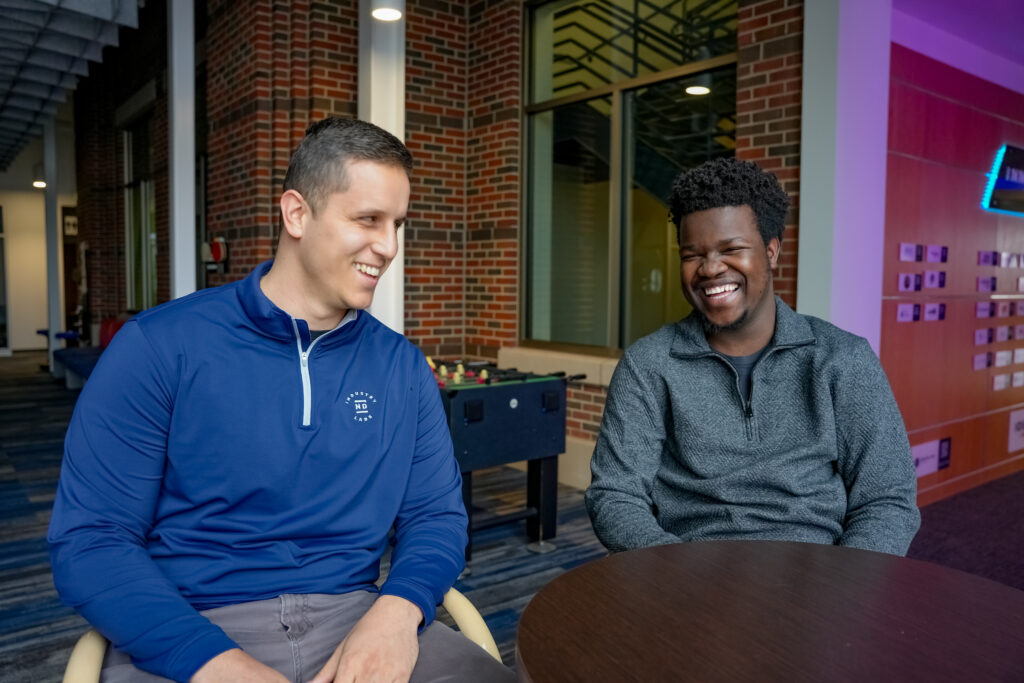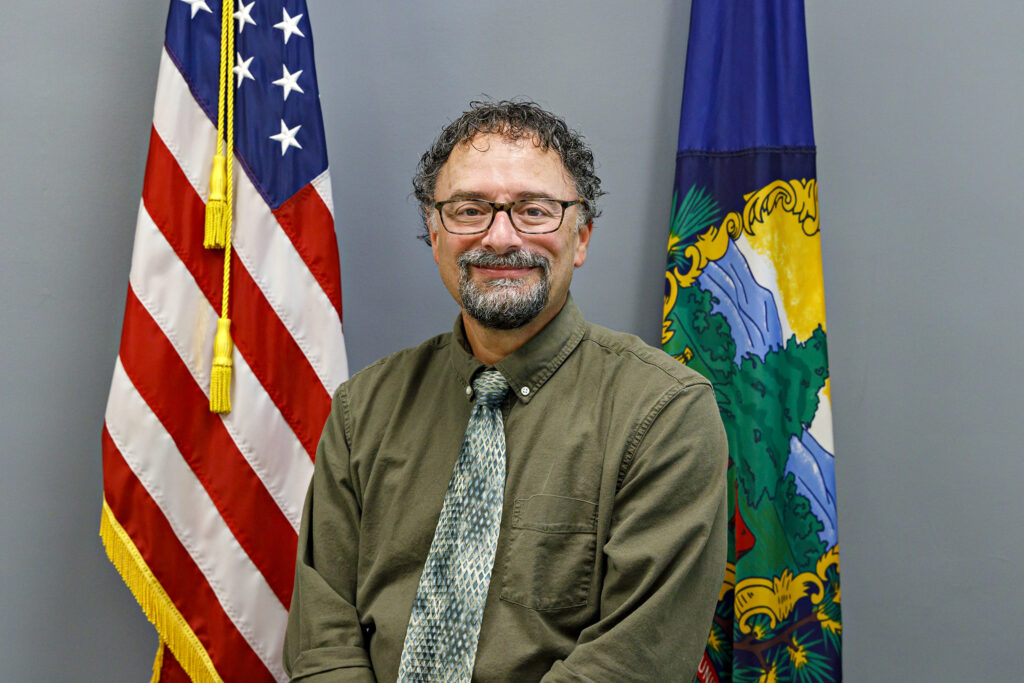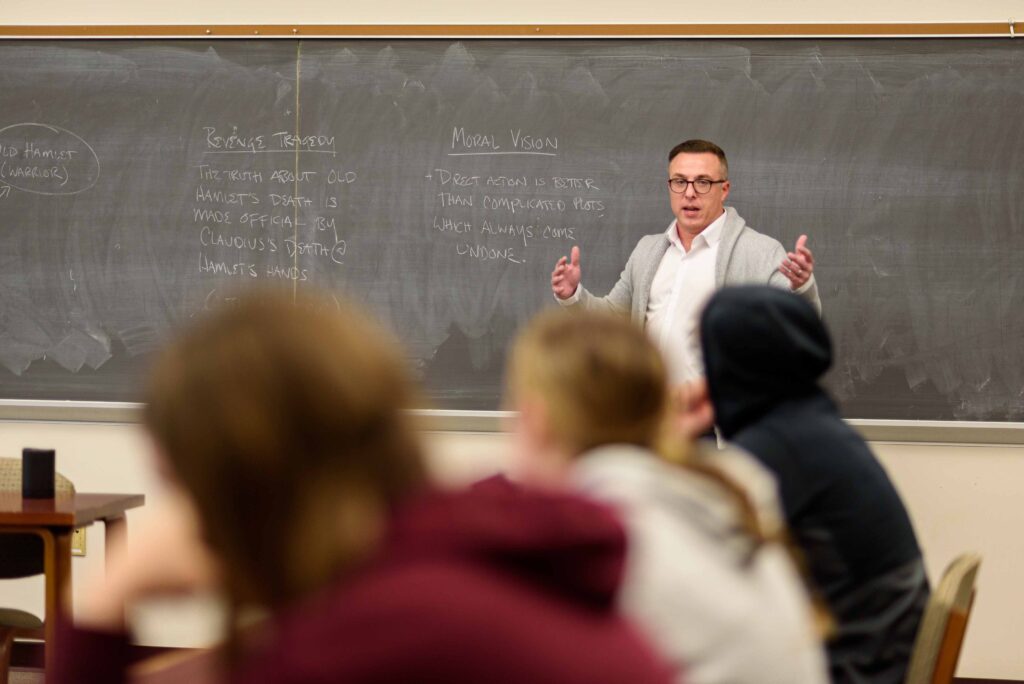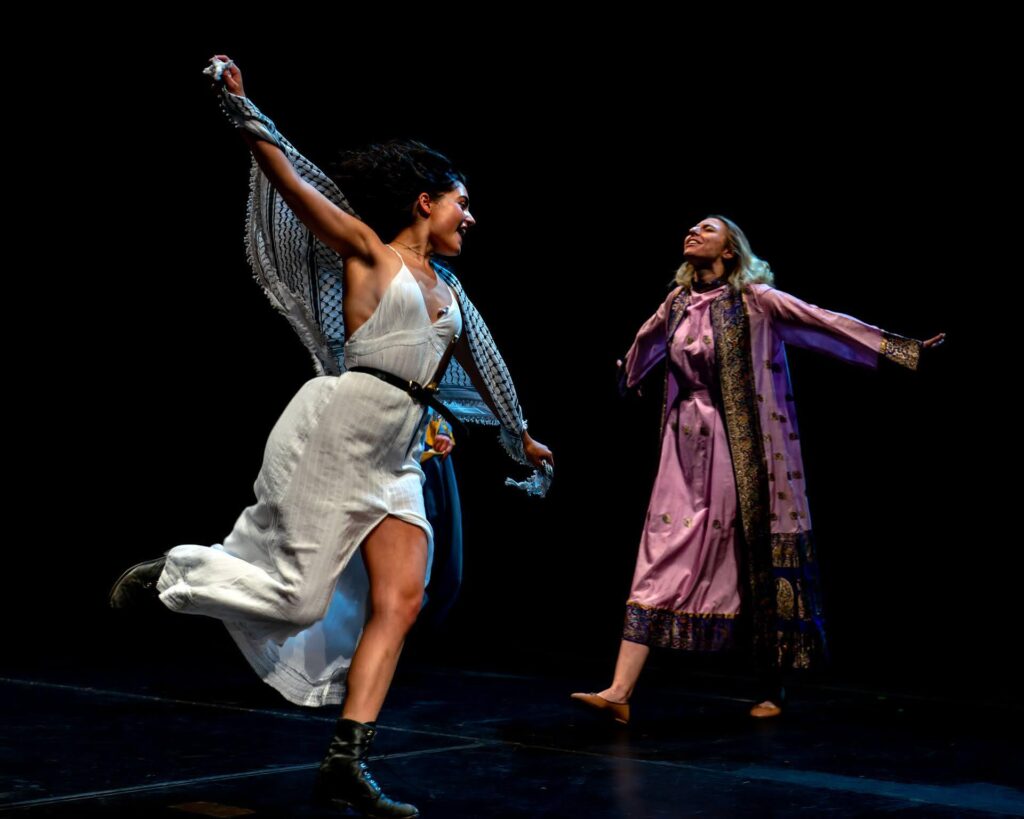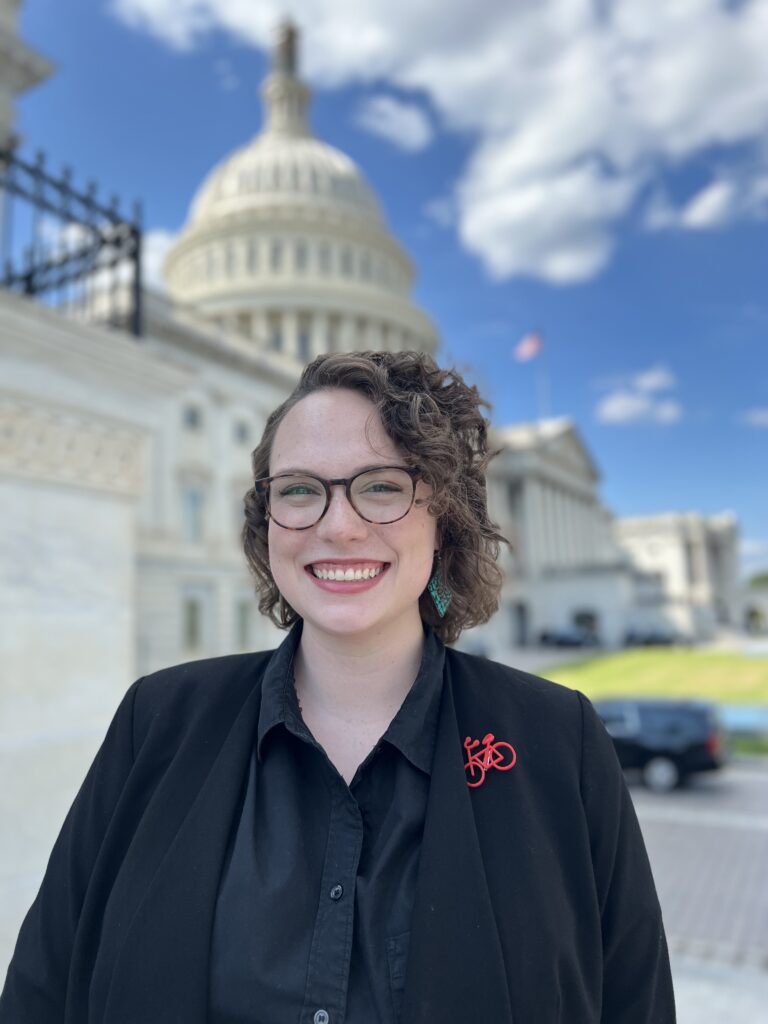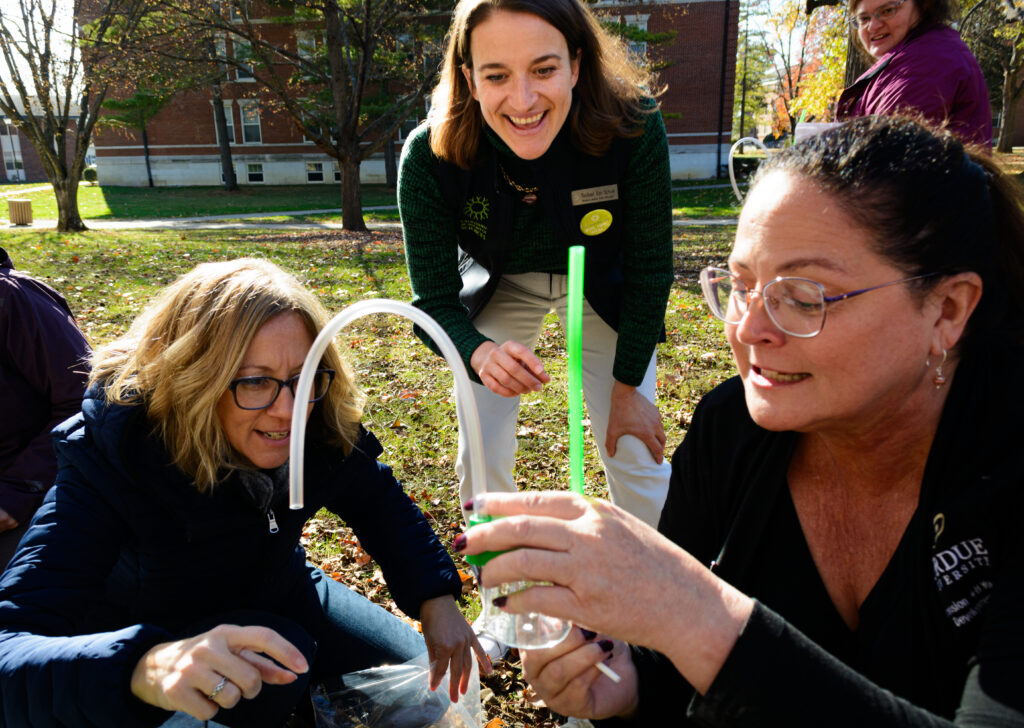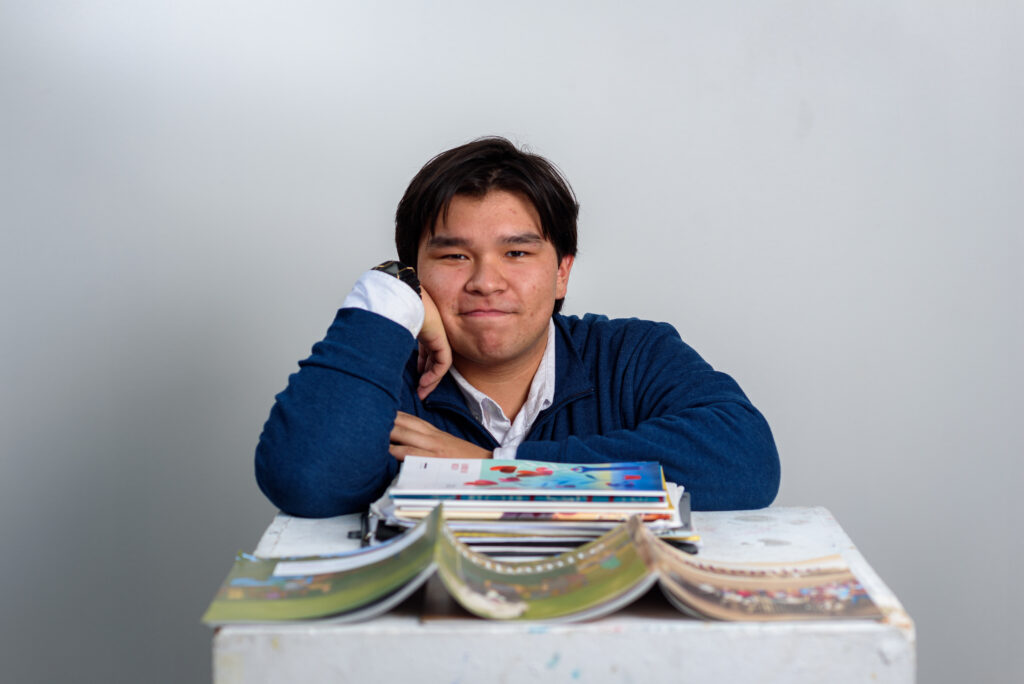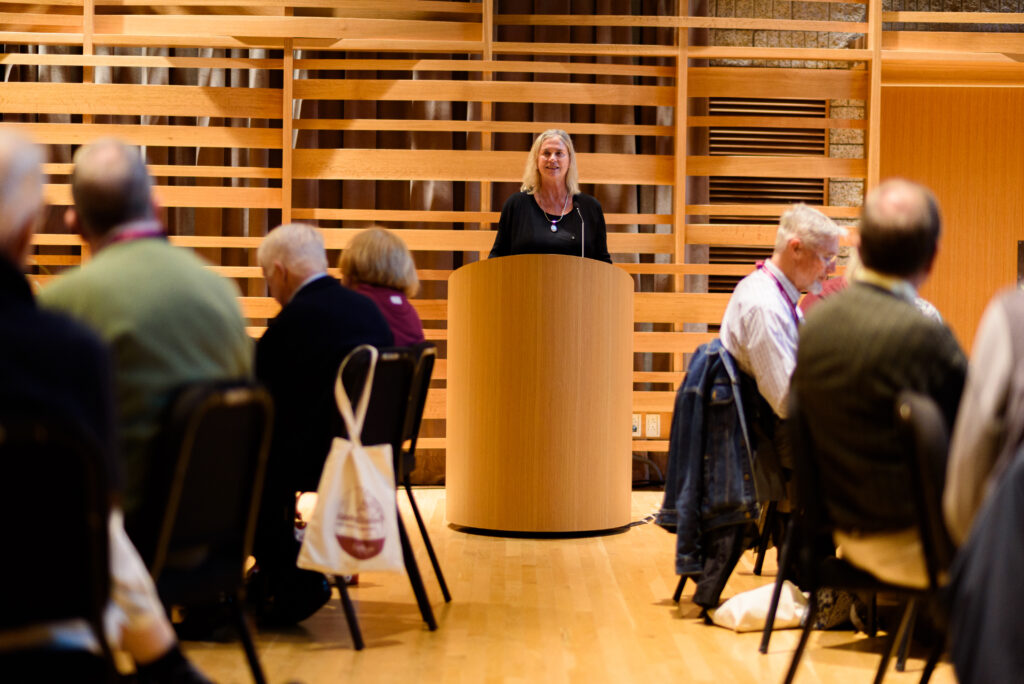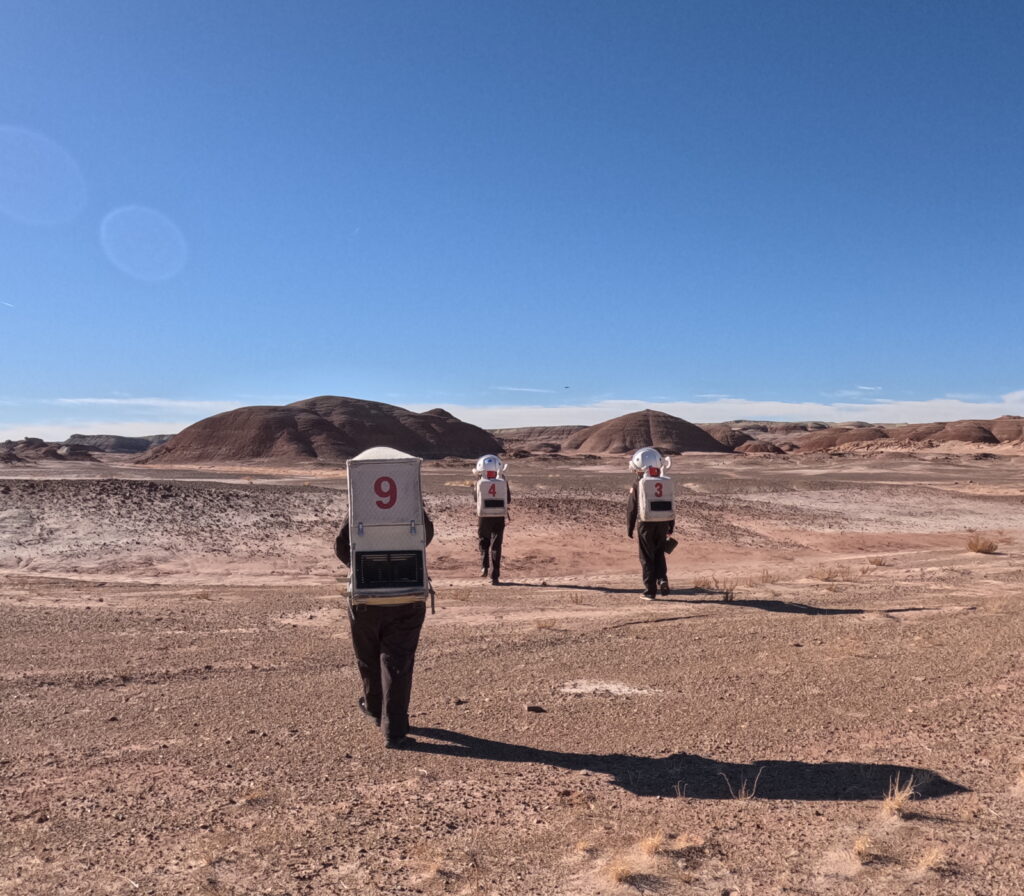A glimpse into the lives of four Earlhamites provides inspiration.
It’s been a long year. Kicked off by a deadly pandemic, the months that followed seemed to bring one horrible event after another. But there are lessons to be learned and places to look for inspiration even in the darkest days. In the stories below, four Earlhamites provide some light for the way ahead, and hope for better days.
DR. CURTIS WRIGHT ’01
On the fifth of May this year, Curtis Wright ’01 was introduced in a public meeting for Richmond Community Schools as its new superintendent. It was a day to be proud, but Wright was feeling waves of humility.
He saw a former junior high teacher there to wish him well. The same teacher, Randy Wisehart ’75, had also taught him later at Earlham when Wright started his coursework to become an educator himself.
“Raw emotions just overtook me,” says Wright. “Dr. Wisehart, like so many of my teachers along the way, did so much for me. They were really there for me.”
Wisehart handed him a framed copy of a newspaper clipping from Wright’s junior high days. The story was about Switch Day, a school day when teachers and students swapped roles. Wright had been voted by his schoolmates to be the principal for the school.
It’s one of many things that have come full circle for a man who grew up on the south side of Richmond. As superintendent, Wright now faces the challenge of leading an entire school district: 11 schools and about 4,500 students.
His outlook for leadership has been shaped by a career of building relationships as a teacher, coach, principal and administrator. Most recently Wright served in school administerial roles in Indianapolis. He also earned a master’s degree in educational leadership from Indiana University and a doctorate in educational leadership from Oakland City University.
“One of the most important things you can do as a leader is to get into the fray with those you are leading,” says Wright. “A leader should be prepared to do what she or he is aking other to do. More importantly, leaders should not be fearful of showing vulnerability. Such experiences allow those that you lead to see that you are human and as a result they are more apt to trust in your brand of leadership. A leader cannot be afraid of getting dirty.”
Wright also comes to the job with a sense of urgency. In an introductory video shared with the community, Wright spoke of the African proverb about the importance of their involvement: “It takes a village to raise a child.” He went on to describe the less well known second stanza that he learned from a class with Phyllis Boanes, one of his Earlham professors.
“‘A child not embraced by a village will burn it down to feel its warmth.’ In Richmond, unfortunately—things have been overheated. Not only societally, but also within our educational system. Our profession as educators can bring it back, but we need your help. We can’t do it alone. As we’ve always done in this community, let’s pull together.”
Thinking about his speech to the community, Wright says he wanted parents of students in Richmond to know that he understands the difficulties the city is facing. “It was important to send a message about the future we want and how we will get there.”
His outlook for students is likewise hopeful. If he could speak to the hearts of all 4,500 of the students in his district, he would offer them the same approach his parents gave him as he grew up at 934 South 11th Street, on Richmond’s south side:
“Remain humble, exercise selfless service and be resilient when faced with adversity. Students have to be triple-C, P-squared: calm, cool, collected, patient and poised. You can never allow adversity to define you. Instead, you must keep pushing! Martin Luther King Jr. once said, ‘If you can’t fly then run, if you can’t run then walk, if you can’t walk then crawl, but whatever you do, you have to keep moving forward.'”
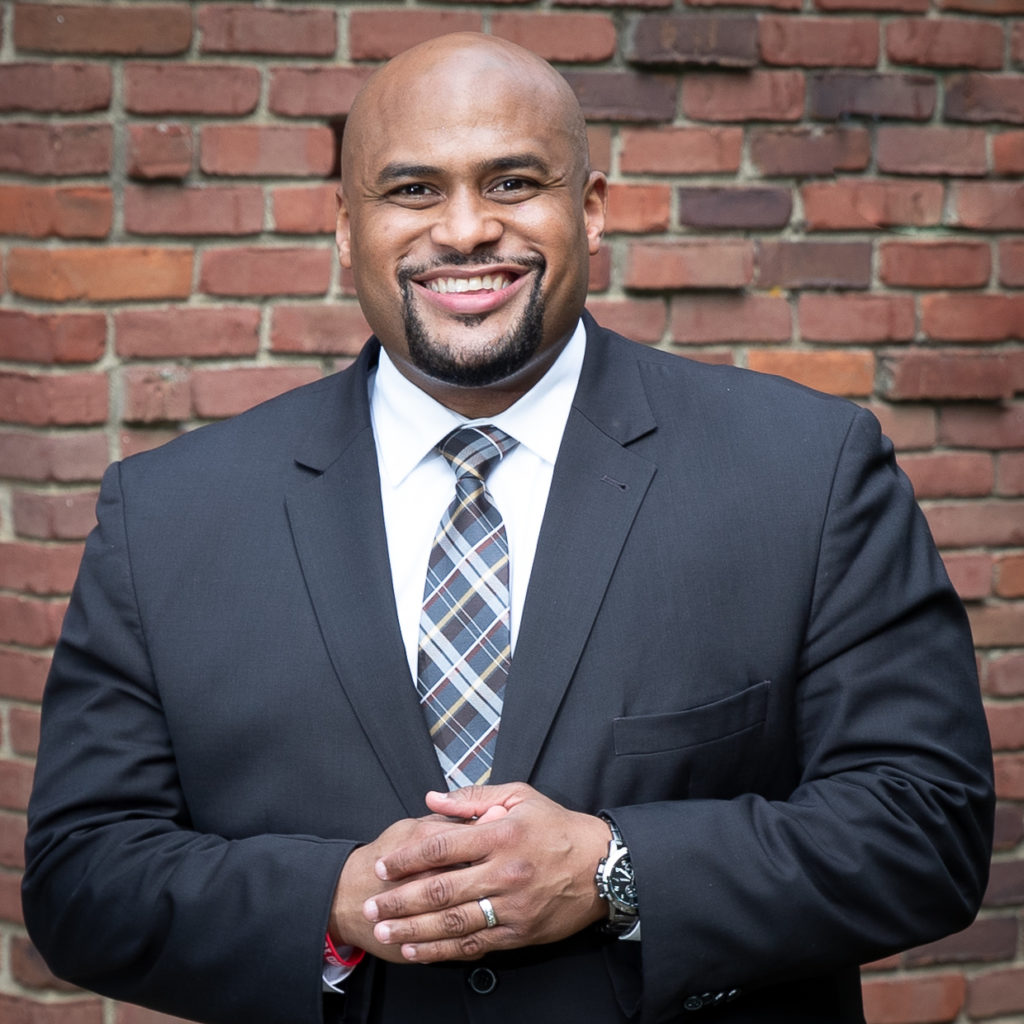
“You can never allow adversity to define you. Instead, you must keep pushing!”
Dr. Curtis Wright
MANDI RICE ’10
Mandi Rice ’10 wore a mustard seed pin to work daily as a chaplain at Boston’s Hebrew SeniorLife, provider of senior health care and living communities. The pin reminded her that from the smallest of seeds grows the largest of plants, and that “faith as small as a mustard seed can move mountains” as the Bible’s book of Matthew tells it.
Hebrew SeniorLife’s residents come from many faiths. About half are Jewish. When meeting someone new on her rounds—she worked mostly on the rehabilitation floor—Rice could look at records to see if a resident had a religious preference, but it was never as simple as that. Someone could be listed as a particular denomination but might be long lapsed in their faith. Or the link to their religion might be only cultural, not spiritual.
In any case, she’d introduce herself as a chaplain and then explain right away there wasn’t some medical news they needed to brace themselves for. “People can get nervous about unexpected visits from a chaplain,” says Rice. A chaplain’s job is to offer spiritual care and that means starting with a conversation.
They might talk about gratitude or hope, losses or blessings. She listens. And then Rice is prepared to take the conversation wherever it wants to go, theological or otherwise. She earned her M.Div. from Harvard Divinity School in 2018 and is considering becoming an Episcopal priest.
Loneliness is a common struggle for the residents. Rice has seen its quiet brutality, and its impact would only worsen after COVID arrived. The threat of COVID meant increasingly more stringent rules, greater isolation, as it was learned how deadly the virus could be for the elderly in particular.
On a day when visitation rules were ratcheting tighter, Rice overheard a physical therapist crying in a staff room. The PT described the situation of two residents, a husband and wife. The husband was near the end of his life, and his family had been told that visitation rules were changing, which meant they wouldn’t be able to see him in person anymore. Rice knew the couple, she had wheeled the wife, also a resident at Hebrew SeniorLife, to the husband’s bedside many times.
The new rules were perfectly reasonable in abstract, but they carried their own unavoidable cruelty. Hoping against hope, Rice called one of her senior colleagues to clarify the timing. She learned that the rules did not officially begin for a few hours. They had until five that evening. If the family could make it before then, they would be able to say their last goodbyes.
“Come as fast as you can,” Rice said as she and other colleagues called area family members. Rice and fellow staff members brought the family to the husband’s room. One of his daughters led prayers. “It’s not easy for a family to say goodbye, but I felt so relieved that we were able to give them that opportunity in person, in time.”
That was one of the more dramatic moments for Rice this past year. More often, the victories were small. While many of the residents welcome a visit from a chaplain, many don’t.
“Sometimes you go into a room and announce that you’re a chaplain and they say, ‘Cool, thanks.’” And they dismiss you immediately. And that’s fine—it’s also spiritual care to let people have control over that part of their lives.”
Rice remembers one such man who dismissed her out of hand. But he went on to talk with her a little more. Maybe it was just to be polite, but she was able to connect with him, even if it was only for a moment.
When Rice stopped by another time, she asked him what was getting him through these tough times when no one could visit.
“FaceTiming with friends,” he said, “but this damn iPad doesn’t work anymore, so I don’t even have that now.”
Rice offered to help and was able to get his FaceTime app functioning.
“So, with him, spiritual care was fixing his iPad, and then helping him call his friends and then letting them practice calling him back so that he knew it really worked. It was a connection. It was a win—even if it’s a small win.
“Those little breakthroughs can happen when I am fully present with people and when they make themselves more present with me,” says Rice, expressing a Quaker sensibility she brought with her from Earlham. “I’m not Quaker by affiliation, but there is definitely part of chaplaincy that means following your Inner Light, of listening to the Spirit.”
Working in the wake of COVID, particularly the impact of isolation on residents, taught her that there is no substitute cure for loneliness: “We deeply need each other.” Filling that need for Rice meant visiting her residents on Thanksgiving when she was supposed to be on vacation. It meant visiting her own father in St. Louis for several weeks. It meant keeping faith with those she cared for.
“It was a commitment to be there for people as best I could during a very hard time—to show up for people.”

“Those little breakthroughs can happen when I am fully present with people and when they make themselves more present with me. I’m not Quaker by affiliation, but there is definitely part of chaplaincy that means following your Inner Light, of listening to the Spirit.”
Mandi Rice
LAILUL IKRAM ’12
Lailul Ikram ’12 grew up in a conflict zone. The Indonesian province of Aceh was in its second of three decades of turmoil when he was born during the month of Ramadan. He was 15 years old when the 2004 Indian Ocean earthquake and tsunami killed more than 170,000 in Aceh alone, obliterating large parts of the coastline. In the following year, his mother died.
At Earlham he splits his time between providing leadership for new student orientation and interfaith initiatives. He also serves as a mediator, helping students to resolve disputes. He has found that his roles consistently lead him back to Earlham’s Principles and Practices. They are also personal for him.
“Community, integrity, simplicity, respect for persons, and peace and justice are important for me—especially peace and justice,” says Ikram. “Being Acehnese and growing up during civil war, I want peace. I want justice for my people. That’s what I have always dreamed of.”
It wasn’t an easy path to Earlham. When considering Earlham among other schools for continuing his college education, Ikram remembers having concerns about how he would fit in as a Muslim student. His points of reference were U.S. wars in Iraq and Afghanistan.
“In Aceh, the information that we received was that those wars meant there was a war on Muslims. We didn’t know any of the other political reasons behind it.”
Fortunately, Ikram was able to ask very direct questions to his admissions counselor, Musa Khalidi.
“He was a Muslim from Palestine, so he knew what I might have on my mind. As soon as I said, ‘I’m a Muslim,” he didn’t even let me finish my question. He explained that no one would tell me I couldn’t pray. Even if you need to ask permission to pray, that’s fine.” He explained where to get Halal food and where the nearest mosque was.
The news from Khalidi was comforting. “I chose Earlham because of that,” says Ikram.
It was Ikram’s mother who helped make sense of the strife in his home country and what it meant for his life.
She told him a story of two sailors. They both were making a trip to the same island. One sailor made the trip in smooth waters. The other sailor faced high waves and storm after storm.
“Which one will be tougher and more qualified?” she would ask him. “Which one will be the better sailor?
“This is how I know how to face hardship,” says Ikram. “I know that I am tough, and that no matter what challenges I face, I can handle them. I know that I have learned from hard times. When more come, I can face them.”
In light of his challenges early in life, you might guess that Ikram would be especially careful in planning his life or shy about taking risks. He learned a different lesson.
“I became a risk taker,” says Ikram. “These are calculated risks, of course, but I don’t want to worry too much in advance of an opportunity.”
He believes that the hardships of his childhood have given him this freedom. “I would much rather just get into it and see how it goes,” says Ikram. It’s led to a fast pace of life: His approach took him from Indonesia to Singapore for high school and then to studies at Earlham, then on to working at Citibank, gaining a master’s in negotiation and conflict resolution at Columbia University in New York, working at the United Nations as a mediator, and finally back to Earlham.
“When considering their future, some want to take very careful, very deliberate next steps in their career. I would rather take risks.”
Can others apply this same lesson to their own lives? Perhaps. He encourages Earlham students to learn from this past year—all of it, from the worldwide pandemic to the protests in the U.S. In his opinion, they should count it, in effect, as a storm in their life that has made them a better sailor. “Their creativity, flexibility and adaptability were tested, and they are now better for it in many ways.” “Please understand that I don’t wish these problems and challenges on any one,” Ikram says with a laugh. “That is not my point at all. But when you find yourself living through a great challenge, never forget that it can lead to what is positive and bold.”
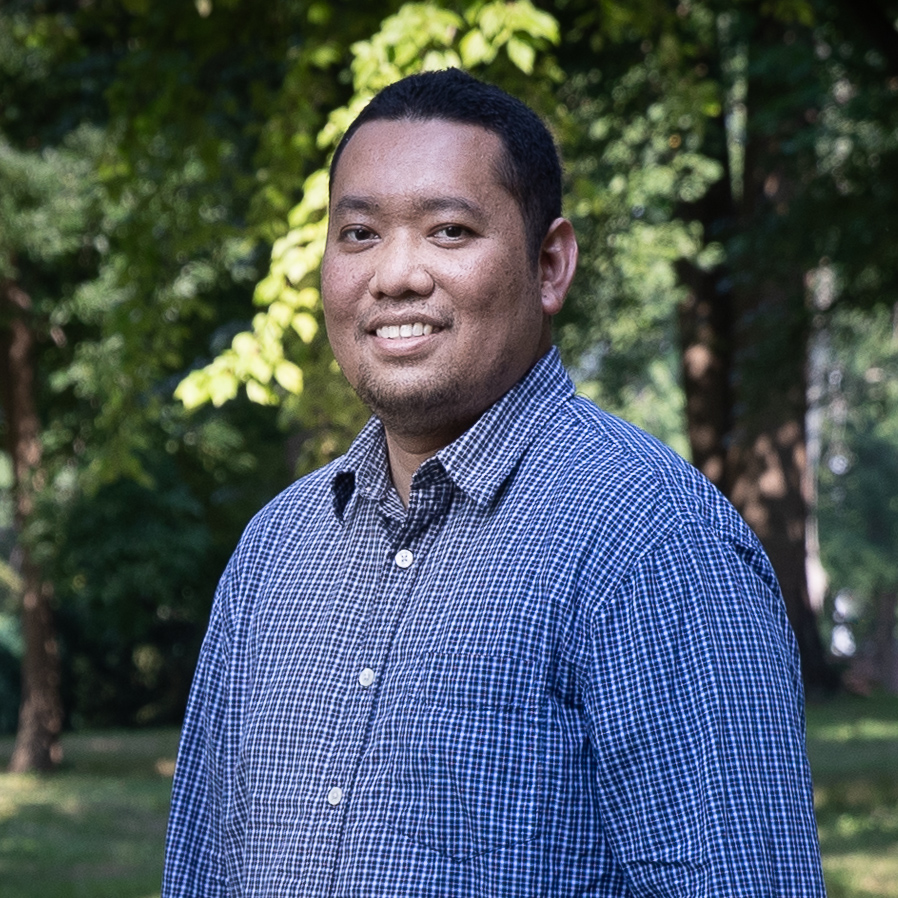
“When considering their future, some want to take very careful, very deliberate next steps in their career. I would rather take risks.”
Lailul Ikram ’12
EBONI STEVENS ’15
An Earlham career coach has a special vantage point of students. Just ask Eboni Stevens ’15. She has been a career coach at Earlham since 2017 and is now also the assistant director of EPIC communications for the College. Career coaches help students discern careers, build resumes and portfolios, apply for jobs and graduates school, and prepare for interviews.
“We get to know them over several years and help them as they prepare themselves for life after Earlham,” says Stevens. “We get to hear students talk through what they are going to get ready for in life for a career. We get to be with them when they look at their future. That’s a struggle for them sometimes, and we get to help.”
The responsibility doesn’t rest lightly.
“It’s a blessing to be able to help others, so I take my job very seriously. When I go to a meeting with a student, I’m telling myself, ‘You can have a major impact in their life. Make sure this meeting is for the good.’”
Her dedication and attitude were recognized by the Class of 2020, who invited her to be one of the speakers at this year’s baccalaureate service.
“I had a special connection to this class since it was the first one that I had worked with for all four years,” says Stevens.
Perhaps the most touching part of the speech was when she mentioned her daughter, Seina, her 2-year old.
”I worry for her, and that’s why I mentioned her at baccalaureate. She’s so innocent,” says Stevens, overcome for a moment by emotion.
Stevens’ parental concerns escalated over the past year. She worried herself to the point of insomnia. She even asked herself why she brought her daughter into this world, especially in light of the last year of conflict and the pandemic.
“It’s like the troubles of this world went into hyperspeed this past year,” she says. One distressing event slammed into another: The COVID-19 shutdown. The murder of George Floyd. The election crisis. The Jan. 6 Capitol riots. “I kept asking myself, ‘What is going on? What is going on?’”
What puts her more at ease about the future—and this is what she mentioned in her baccalaureate speech—are Earlham students. “They have a passion for what’s right. They want to pursue it in all of their different fields.”
She names a handful of graduates to make her point.
“These students have a flame inside of them to do what’s right. If Earlham grads and people like them can just hold onto that flame, we’ll be so much better off. It will still be rough, but it’ll be OK. My daughter Seina’s going to be OK.”
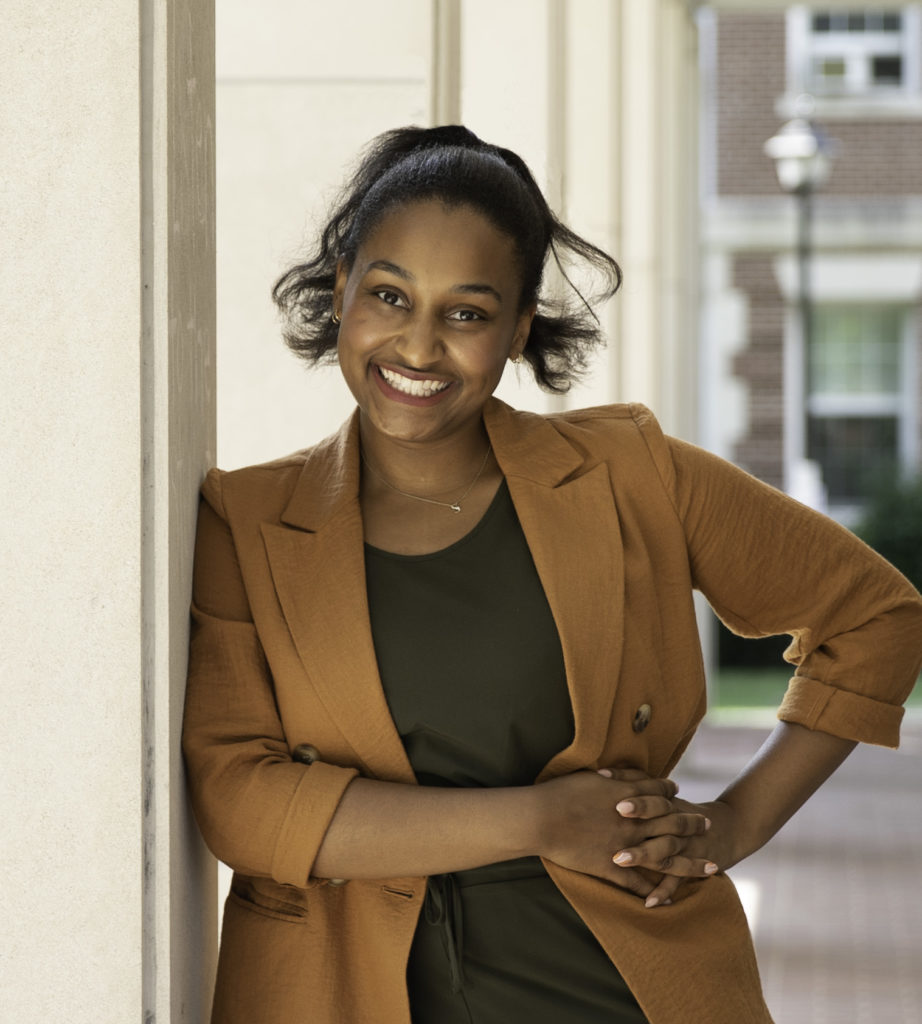
“It’s a blessing to be able to help others, so I take my job very seriously. When I go to a meeting with a student, I’m telling myself, ‘You can have a major impact in their life. Make sure this meeting is for the good.’”
Eboni Stevens ’15
Story written by Dan Oetting. Photos by Dan Oetting and Laura Krueger.

